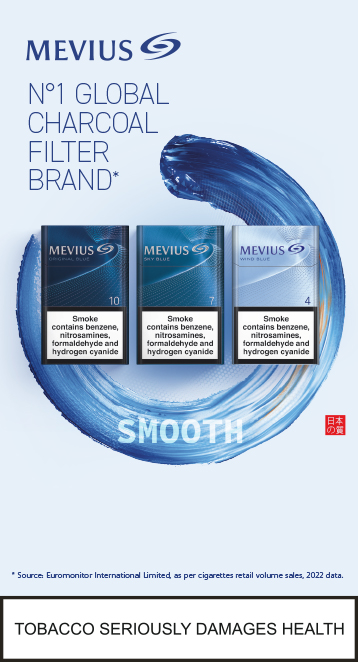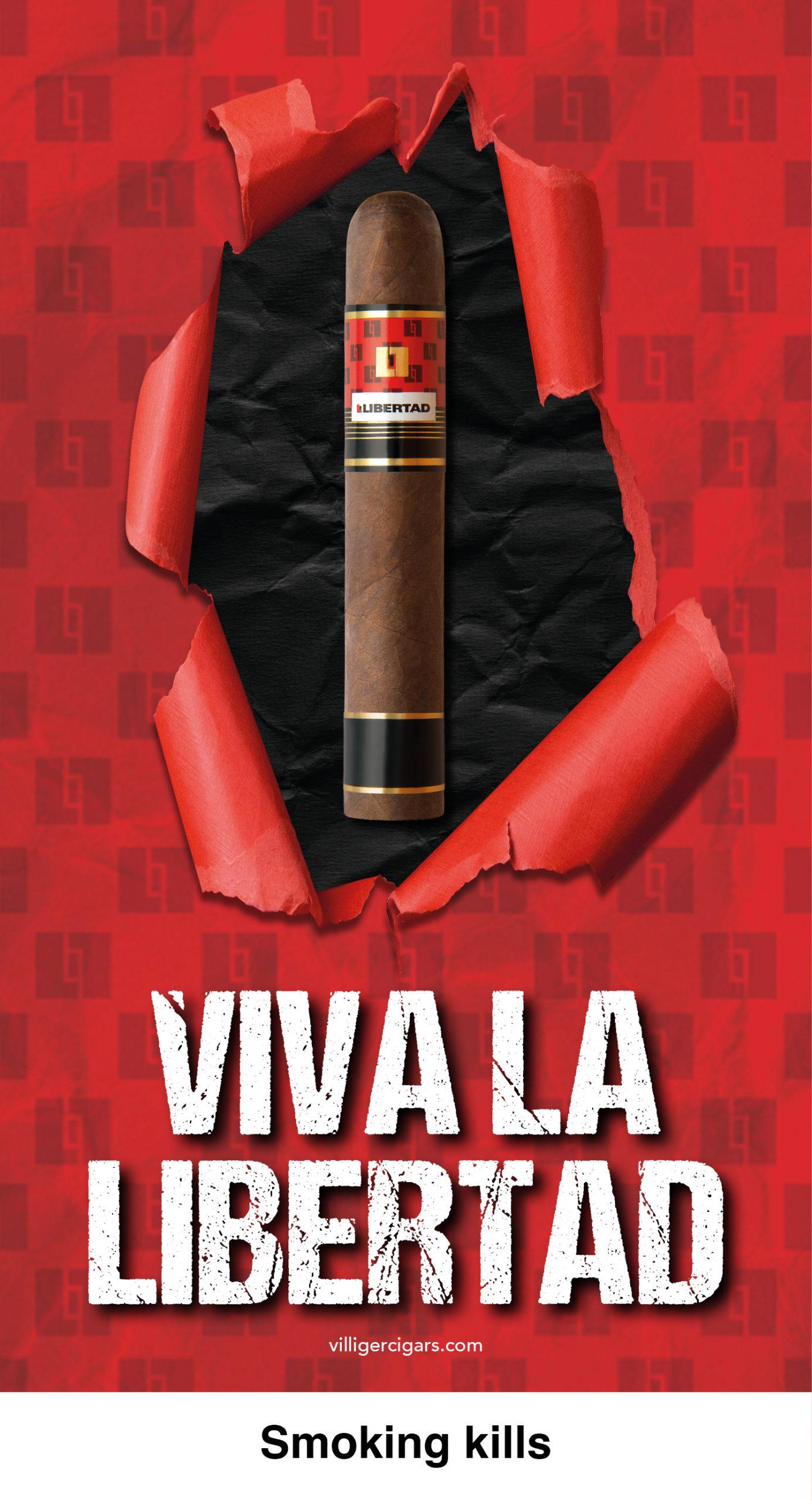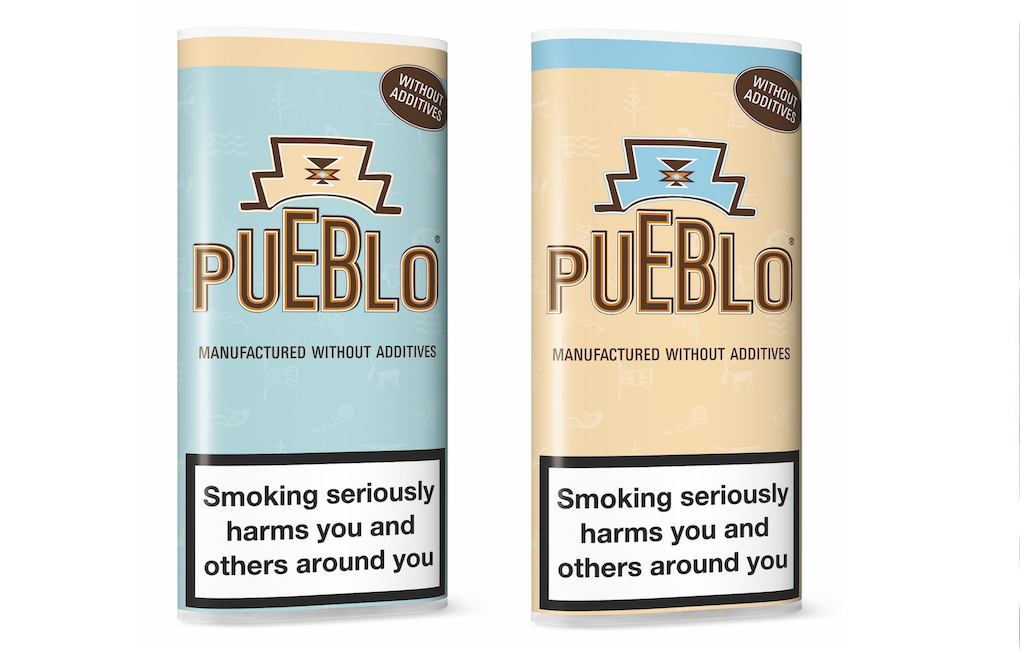INTERNATIONAL. Industry bodies are once again mobilising to ensure travel retail’s legitimacy as a channel for tobacco sales is made clear to international lawmakers.
In November 2020, the second meeting of the parties that have ratified the World Health Organisation’s (WHO) Protocol to Eliminate Illicit Trade in Tobacco Products will take place. This meeting may see a plan for a study into “the extent to which duty free contributes to the illicit trade of tobacco products” presented and implemented.
As reported, at the first meeting of the parties in 2018, it was agreed to postpone the research until at least the second meeting. Ahead of this gathering, trade bodies are reiterating the legitimacy of the duty free channel.

“The biggest challenge for our industry is tobacco. It is a substantial part of the total duty free sales and is also catalyst for other purchases in duty free stores,” Duty Free World Council (DFWC) President Sarah Branquinho said at a roundtable discussion today (13 January).
“None of us wants to lose tobacco and we will do all we can to defend it. At the same time, we don’t see any reason why we should lose tobacco. Over the years, the WHO has brought in a number of regulations and rules, which our industry has complied with along with the rest of the tobacco industry.”
European Travel Retail Confederation (ETRC) Senior Counsel Keith Spinks added: “Our argument from the start has been that we don’t believe the study should be undertaken at least until all the other provisions of the Protocol have been put in place and given time to take effect.”

The DFWC’s position is that it would welcome any study into illicit trade in duty free, but that this must be fair, independent and involve the industry. The Council is particularly concerned with the wording of Article 13.2 in the Protocol, which says that any study will be into “the extent of illicit trade” in duty free because this suggests the industry is already complicit in such trade.
Spinks added: “The legislation is in place and it says the study will happen within five years [of September 2018]. Our goal at the moment is to say that, if you are going to bring forward the roadmap in November, it must be independent, fair and involve the industry. It should not be a priority for the parties at the meeting in November to talk about the study. There are a lot of other things that need to be done to get this Protocol in place.”

The industry is undertaking a global campaign overseen by the DFWC to explain to delegates at November’s meeting that duty free is a legitimate and highly-controlled business. “The reason it is under the DFWC umbrella is because we need to have consistency and alignment across the globe. This gives us the chance to run a coordinated campaign,” Branquinho added.
The DFWC also plans to work with Airports Council International (ACI) and the International Air Transport Association (IATA) to produce an aligned statement, as it did in 2018.
Giving a roadmap for the year ahead, Spinks said: “By the middle of this year, most of the regional delegations will have taken their position on a number of issues leading up to November. That gives us a window of opportunity between now and the summer to get our message across to as many delegations as we can to ensure they understand our arguments.”
The background to the Protocol from ETRC Senior Counsel Keith Spinks “In 2012, the WHO negotiated the Protocol to Eliminate Illicit Trade in Tobacco Products. That Protocol is legally binding on any country that signs up to it. There are a number of elements to that Protocol, including the requirement for licensing, track & trace and a number of other provisions. “The parties agreed to an article specific to duty free saying that all the provisions will be equally applied to the duty free channel as every other channel. They added that they would undertake a study within five years of the Protocol coming into effect into the extent to which duty free contributes to illicit trade. Once they have that research, they will decide on what next steps to take. “We accept as an industry that the Protocol will apply to our retail channel as it does to everyone else. The one thing we don’t agree with is the provision that is in that Protocol saying ‘the extent of illicit trade’ in duty free – because that already suggests that duty free is complicit in illicit trade, it is just a matter of what extent. “Nonetheless, that is in the Protocol, so they have to undertake a study within five years of the Protocol coming into effect in September 2018. “At the first Meeting of the Parties, which took place in October 2018, there was a proposal to initiate the study immediately. That was rejected by a number of the parties, who said that it was not a priority and a roadmap for a study should be produced for the next meeting of the parties in November 2020.” |








